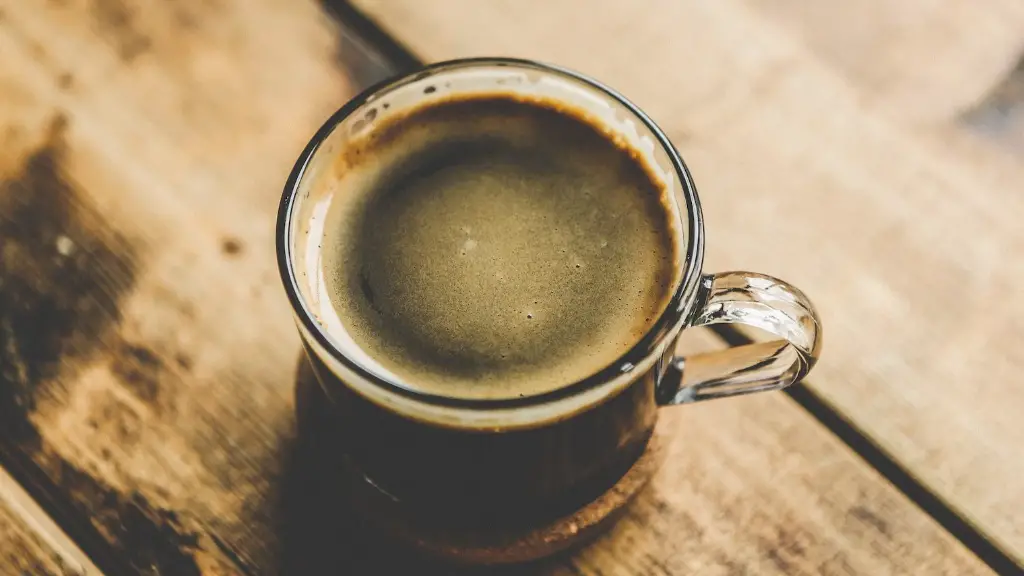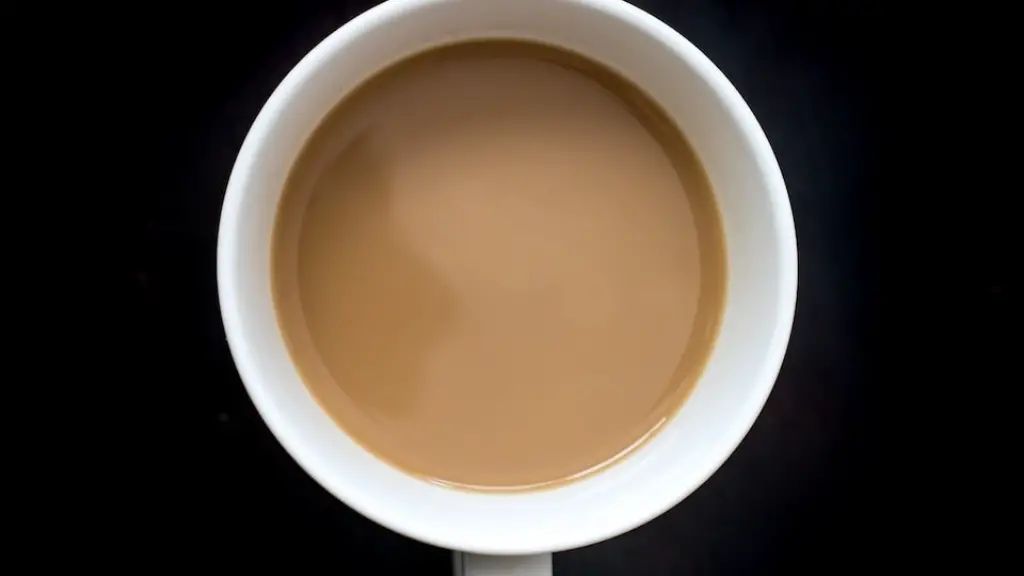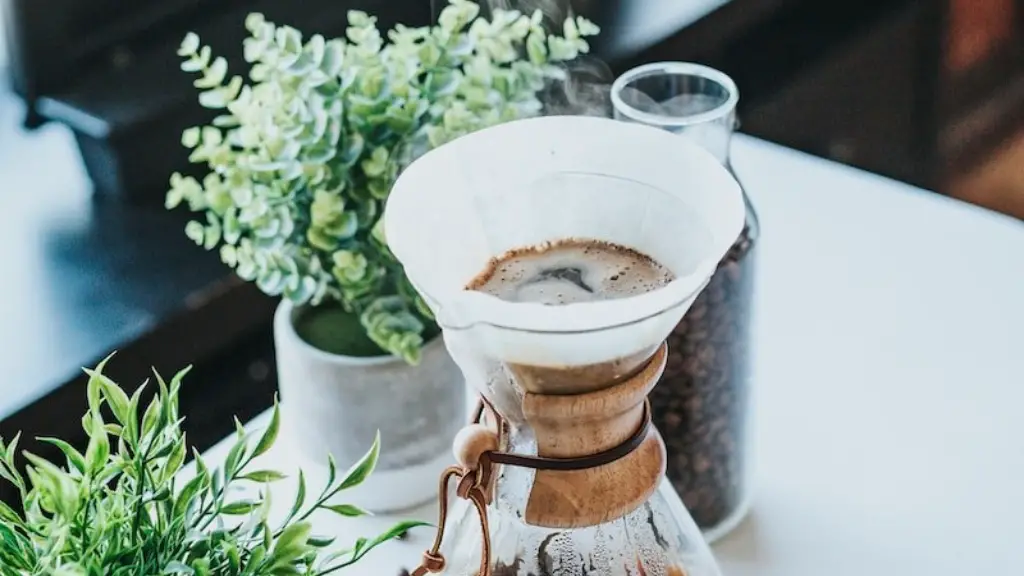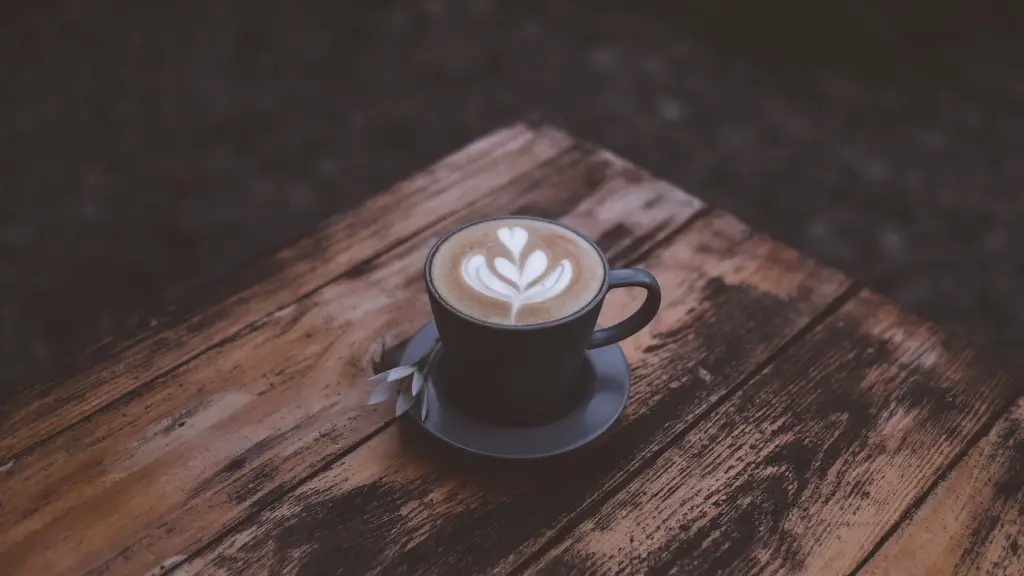Advantages and Disadvantages of Drinking Coffee
Coffee has become a major part of many people’s lives. It can be enjoyed hot or cold, sweetened or plain and is even a great way to get an energy boost. However, there have been some health concerns raised about the effects of drinking coffee, including the potential to cause anxiety. Before making the decision to drink coffee or not, it’s important to consider the advantages and disadvantages that it can bring.
Advantages of Drinking Coffee
The most obvious benefit of drinking coffee is that it can give you an energy boost when feeling drained or fatigued. Coffee contains caffeine, an alkaloid stimulant that can help to increase alertness and improve concentration. This can be beneficial when studying, working, or driving for extended periods of time. Coffee can also offer some other advantages. For example, it is known to contain certain antioxidants that can help to protect the body from disease and reduce inflammation. Additionally, coffee can help to improve the metabolism, helping to burn fat and calories.
Disadvantages of Drinking Coffee
While coffee has some benefits, it can also have some drawbacks. One of the biggest drawbacks is that it can increase anxiety. Caffeine is a known stimulant and can cause jitteriness and restlessness in some people. Furthermore, coffee can increase heart rate and blood pressure. This can lead to feelings of nervousness and anxiety when consumed in large quantities. Coffee can also cause dehydration, disrupting your body’s natural balance which can lead to feelings of anxiety. Additionally, too much coffee can cause headaches, irritability and trouble sleeping.
Effects of Drinking Coffee on Anxiety
There is a lot of debate regarding the effects of coffee on anxiety. Studies have found that coffee can have both positive and negative effects on anxiety. For some people, coffee can act as a stimulant and make them feel more alert. On the other hand, some people can experience anxiousness and trembling due to the caffeine in coffee. It is essential to be aware of the effects of drinking coffee on your individual anxiety symptoms. If you experience heightened anxiety after drinking coffee, you may need to limit your intake so as not to exacerbate your symptoms.
Risk Factors for Anxiousness After Drinking Coffee
There are certain risk factors that can make someone more likely to experience anxieity after drinking coffee. People who are sensitive to caffeine or whose bodies metabolize caffeine more slowly are at a higher risk for experiencing anxiety after drinking coffee. Additionally, those who are prone to anxiety or have a history of panic attacks may also be more likely to develop anxiety after drinking coffee. It is important to recognize your own individual sensitivities to caffeine in order to minimize any anxieity.
Recommendations for Those Experiencing Anxiety After Drinking Coffee
If you are experiencing anxiety after drinking coffee, there are some steps you can take to mitigate the effects. First and foremost, it is important to know your own body’s sensitivities so that you can limit or avoid caffeine. Additionally, it is important to manage other stressors in your life that may be exacerbating your anxiety, such as lack of sleep, unhealthy diet, or a demanding job. If you find that quitting coffee completely is too difficult, you may want to opt for decaffeinated coffee or try a different beverage altogether such as tea.
Alternatives to Coffee for Energy and Alertness
If you are looking for an alternative to coffee for energy and alertness, there are several options. Green tea is a great option as it contains caffeine but in much lower quantities than coffee. Additionally, matcha tea can provide an energy boost due to its high concentrations of nutrients and antioxidants. Another great option to try is yerba mate, which contains both caffeine and theobromine, a natural stimulant. For those looking to stay away from caffeinated beverages, there are several non-caffeinated drinks that can provide energy and alertness such as energy drinks and fruit juices.
The Impact of Coffee on Mental Health
In recent years, there has been a lot of research done on the impacts of coffee on mental health. Studies have found that coffee can have both positive and negative impacts. For some people, it can help to improve focus and alertness, whereas for others it can cause feelings of anxiousness and fear. It is important to recognize one’s individual sensitivities to caffeine and other stimulants in order to ensure positive mental health outcomes.
Can Coffee Increase the Risk of Mental Health Conditions?
Coffee intake has not been shown to increase the risk of mental health conditions, however it is important to be aware that excessive caffeine can exacerbate existing mental health conditions. For individuals with pre-existing anxiety, depression, or even bipolar disorder, it is recommend to limit coffee intake or opt for decaffeinated coffee. Additionally, research has suggested that coffee intake can be beneficial for those suffering from certain mental health conditions as it can have anxiolytic and anti-depressant effects. However, it is always best to talk to a healthcare professional before making any changes to your diet.
The Benefits of Balanced Coffee Consumption
Overall, doctors and nutritionists recommend balanced coffee consumption as part of a healthy lifestyle. Moderate coffee consumption of 2-3 cups per day can help to improve energy and alertness while providing some health benefits due to its antioxidant content. It is important to be mindful of one’s individual response when consuming coffee, as it can affect all people differently. Additionally, it is helpful to alternate your beverages and try different sources of caffeine, such as green tea and yerba mate, in order to minimize the potential for anxiety.
Strategies for Reducing Anxiety While Enjoying Coffee
If you would like to continue enjoying coffee but reduce the potential for anxiety, it is important to adopt some strategies to ensure proper consumption. Firstly, it is important to recognize your own individual sensitivities to caffeine, as some people may be more prone to anxiousness after consuming coffee. Alternately, you may opt to drink decaffeinated coffee in order to avoid the stimulant effects of caffeine. Additionally, it is important to alternate your beverages and try different sources of caffeine, as some may be less likely to cause anxiety. Finally, you should also strive to monitor and balance stress levels, as high levels of stress can exacerbate anxiety after drinking coffee.
Can We Discern Any Conclusions?
At the end of the day, it is important to take a holistic approach to the consumption of coffee. Everyone’s body is different and will react differently to substances such as caffeine. Those who are prone to anxiety or have pre-existing mental health conditions should be mindful of their consumption and should talk to a healthcare professional before making any changes to their diet. Moderation is key when it comes to consuming coffee, as too much can lead to adverse effects on mental health, while balanced consumption can provide energy and alertness with some health benefits.



